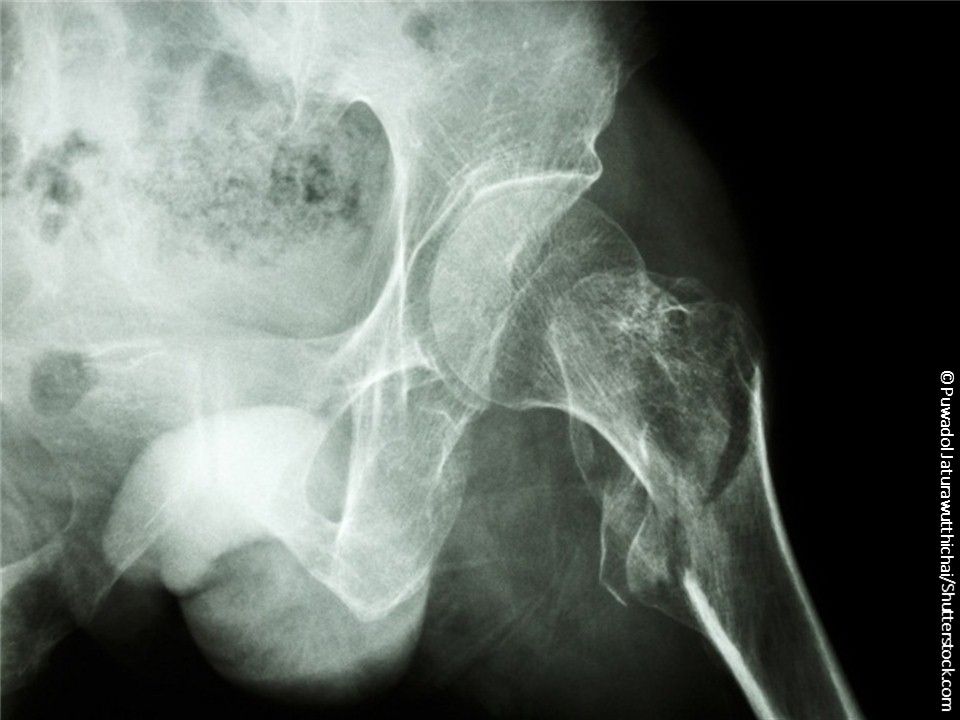"Youth is wasted on the young." -George Bernard Shaw
1. Living Longer, and Healthier:
An extended human lifespan suggests that more persons will live longer but experience poor health in the extra years. However, persons with exceptional longevity (aged 95 years and older) in a recent case-control study had a later age of onset of cancer, cardiovascular disease, diabetes mellitus, hypertension, and osteoporosis than younger persons. The risk of overall morbidity was lower in the older patients, and they had shorter periods of illness before death.
2. Antihypertensives, Low Blood Pressure, and Adverse Effects:
A significant proportion of patients older than 70 years continue to receive antihypertensive medication even though they have low blood pressure. Results of a new study showed that antihypertensives can cause adverse effects related to hypotension in older patients. Hypotension was independently associated with mortality, acute kidney injury, and hospital admission.
3. Diabetes Drug, Cognitive Impairment Linked:
In older patients who have type 2 diabetes, increased dipeptidyl peptidase-4 (DPP4) activities are independently associated with mild cognitive impairment (MCI). This might be partly explained by the effect that DPP4, a newly identified adipokine, has on inflammation and oxidative stress. The results suggest DPP4 activity may be a biologic marker or therapeutic target for MCI.
4. “Cholesterol hypothesis” Called Into Question:
High levels of low-density lipoprotein cholesterol (LDL-C) are inversely associated with mortality in most persons older than 60 years-they live as long as and often longer than those who have low levels. The authors suggest their finding is inconsistent with the cholesterol hypothesis (that cholesterol is inherently atherogenic) and that guidelines recommending reduction of LDL-C for cardiovascular disease prevention in older patients be re-evaluated.
5. Vitamin K Antagonists and Bleeding, Thrombosis Risk:
Among patients considered eligible for anticoagulation, the risk of bleeding with a vitamin K antagonist increases only mildly after age 80 years. The risk of thrombosis increases sharply. In a matched cohort study of patients at a thrombosis service, vitamin K antagonist control became significantly poorer with rising age.
6. Frailty Weakens COPD Rehab:
Frailty affects 1 in 4 patients with COPD referred for pulmonary rehabilitation and is an independent predictor of program noncompletion, but patients who are frail respond favorably to rehab and their frailty can be reversed in the short term. The odds of program noncompletion were twice as high in outpatients with COPD (mean age, 70 years) who were frail, but rehabilitation outcomes favored frail completers.
7. Preoperative Falls Cross Age Lines:
About one-third of persons older than 65 years fall each year, and the risk increases proportionately with age. But in a study of patients undergoing elective surgery, middle-aged patients (45 to 64 years) had a higher proportion of fallers, recurrent fallers, and severe fall-related injuries than older patients. A fall within 6 months was independently associated with preoperative functional dependence and poor physical quality of life.
8. Antipsychotic Drugs Raise Hip Fracture Risk:
The risk of hip fracture in persons aged 60 years and older who took an antipsychotic drug was twice as high during exposure than during nonexposure. Greater risk of hip fracture was associated with exposure to any antipsychotic, first-generation antipsychotics, second-generation antipsychotics, prolactin-sparing antipsychotics, and prolactin-elevating antipsychotics.
9. Cerebrovascular Disease Tied to Alzheimer Disease Dementia:
In a cross-sectional study of men and women aged 65 years or older, each level increase in the severity of atherosclerosis or arteriolosclerosis was associated with significantly higher odds of Alzheimer disease (AD) dementia. The authors suggested that cerebral vessel pathology might be an under-recognized risk factor for AD dementia.
10. Concussion Test Useful for Alzheimer Screening:
The King-Devick test, often used to detect concussion, may be an effective screening tool for cognitive impairment associated with Alzheimer disease. The 1- to 2-minute rapid number naming test, which involves saccadic eye and other eye movements, correlated strongly with validated attention, processing speed, and visual scanning tests.
During the next 25 years, the population of Americans aged 65 years and older will double to about 72 million because of longer life spans and aging baby boomers, according to the CDC.During the past 100 years, the leading causes of death for older adults and all age groups have shifted from infectious diseases and acute illnesses to chronic diseases and degenerative illnesses.Now more than one-fourth of Americans and two-thirds of older Americans have multiple chronic conditions.Click on the slideshow above for highlights of the latest research findings about the health of older patients.See below for links to studies highlighted; full access may require subscription to some.
References:
1. Living Longer, and Healthier
2. Antihypertensives, Low Blood Pressure, and Adverse Effects
3. Diabetes Drug, Cognitive Impairment Linked
4. “Cholesterol hypothesis” Called Into Question
5. Vitamin K Antagonists and Bleeding, Thrombosis Risk
6. Frailty Weakens COPD Rehab
7. Preoperative Falls Cross Age Lines
8. Antipsychotic Drugs Raise Hip Fracture Risk
9. Cerebrovascular Disease Tied to Alzheimer Disease Dementia
10. Concussion Test Useful for Alzheimer Screening











